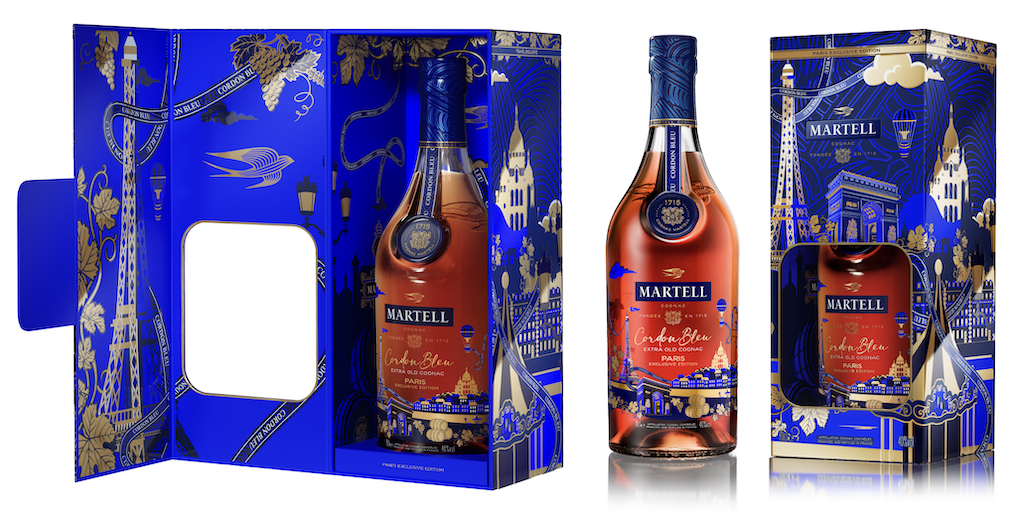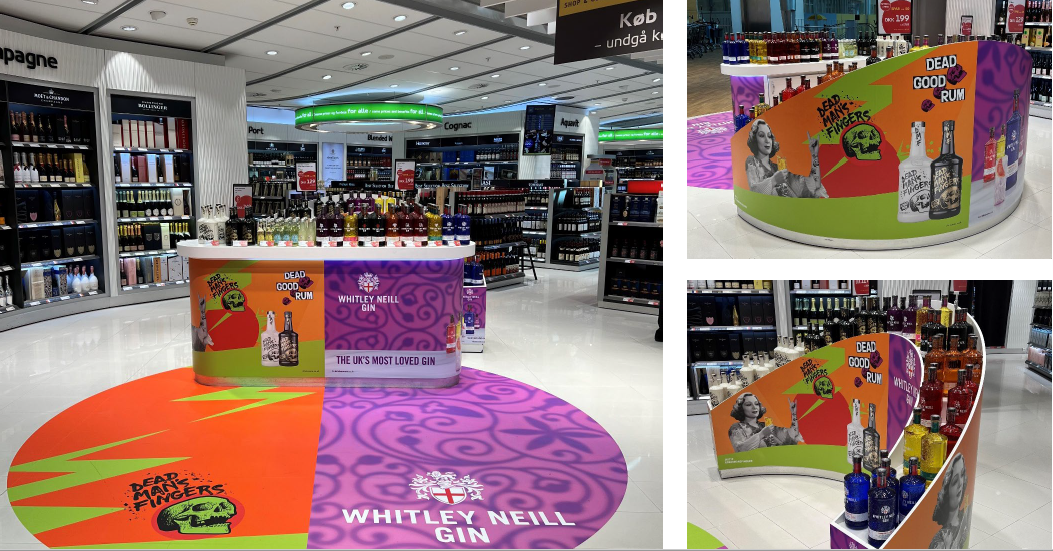SLOVAK REPUBLIC. As of 1 May 2004, alcohol and cigarette importers will have to pay excise duty and value added taxes on all imported goods immediately on crossing the border into Slovakia – even in cases where goods may be sold much later.
The president of the Union of Spirits Producers of the Czech Republic (UVL) and production manager of Czech producer Stock Plzen Vladimir Steiner confirmed the Excise Tax Act comes into force on 1 May, and only Slovak companies with a production facility will be able to establish so-called duty suspension. It is believed product held in an airport bond duty free will be unaffected. The move is part of the country’s readiness to join the European Union and cut down on the black market.
Retailers have also been stocking up with larger quantities of spirits since the end of 2003, given the rise of VAT and excise duty on spirits also anticipated for this year.
According to Steiner, this will affect all importers who do not have a registered production company in Slovakia. Importers will be put at a double disadvantage. Steiner said: “We have to pay taxes immediately for all imported goods, but some goods require duty stamps and there is nowhere to stamp them if there is no tax storage.”
The Excise Tax Act applies to spirits as well as beer, wine and cigarettes. Especially for spirits producers, the taxes are high upon crossing the border. “The excise tax is CZK 265 [US$10] per one litre of pure spirit,” said Steiner.
Traditionally most beer imports into the country come across land from the Czech Republic. Sales of Slovak spirits brands have been stagnating in both volume and value terms, and imports have been growing. Czech bitters do well, mainly due to aggressive marketing by Czech importers. The growth in the country has mainly come from quality foreign brands in whiskies, tequila and Cognac which have built a solid base from several years ago when they were regarded as a novelty.




